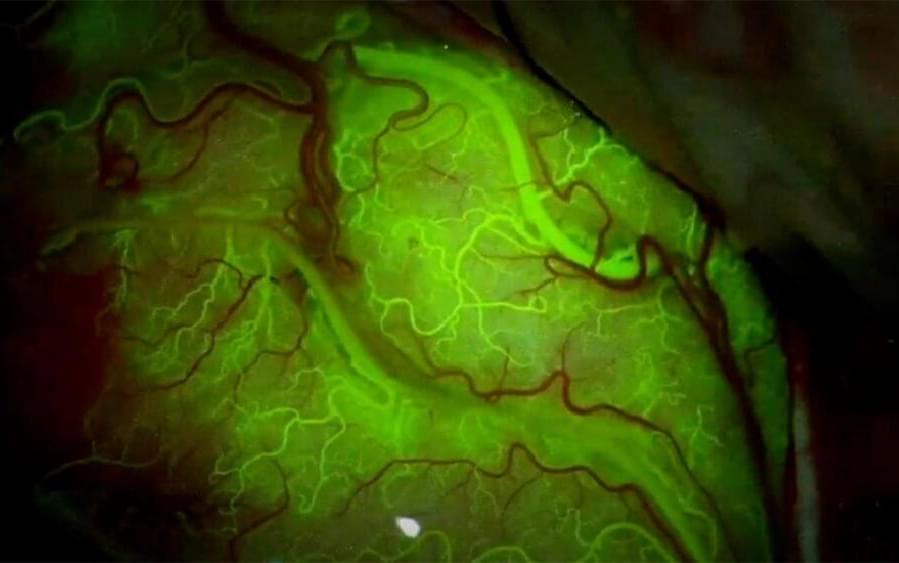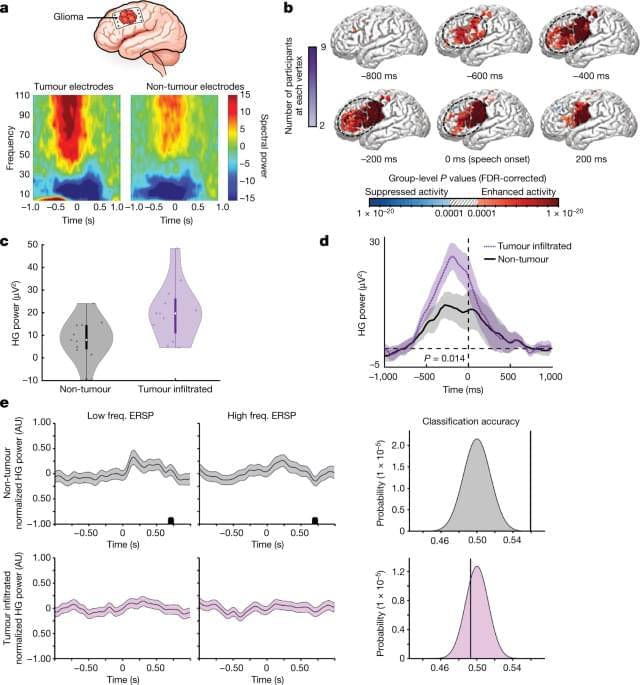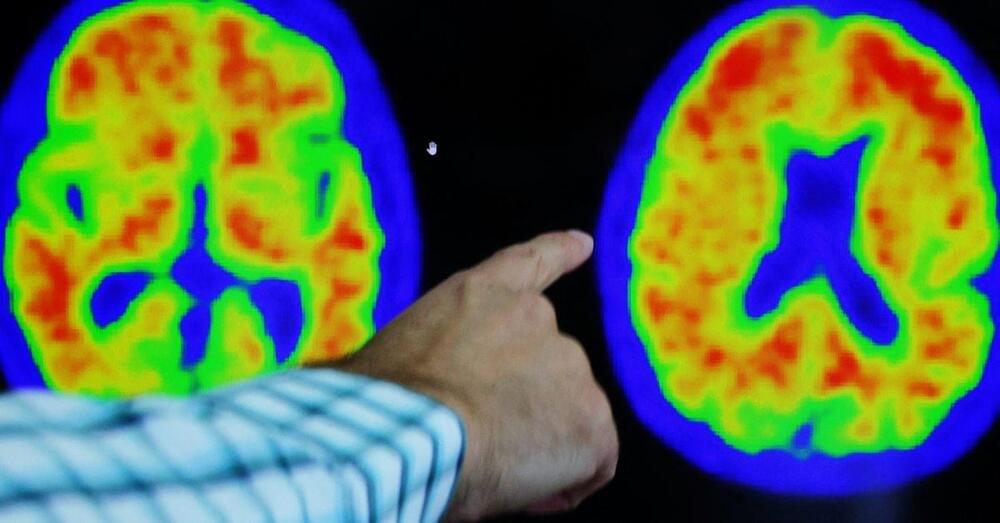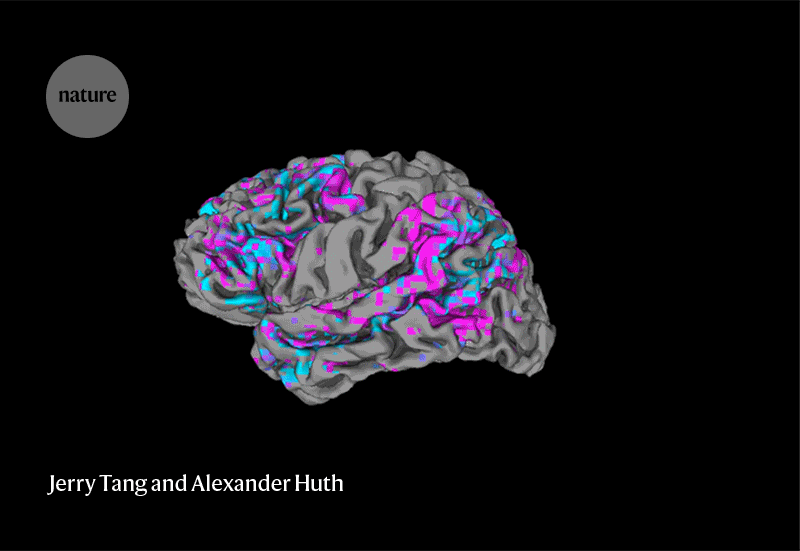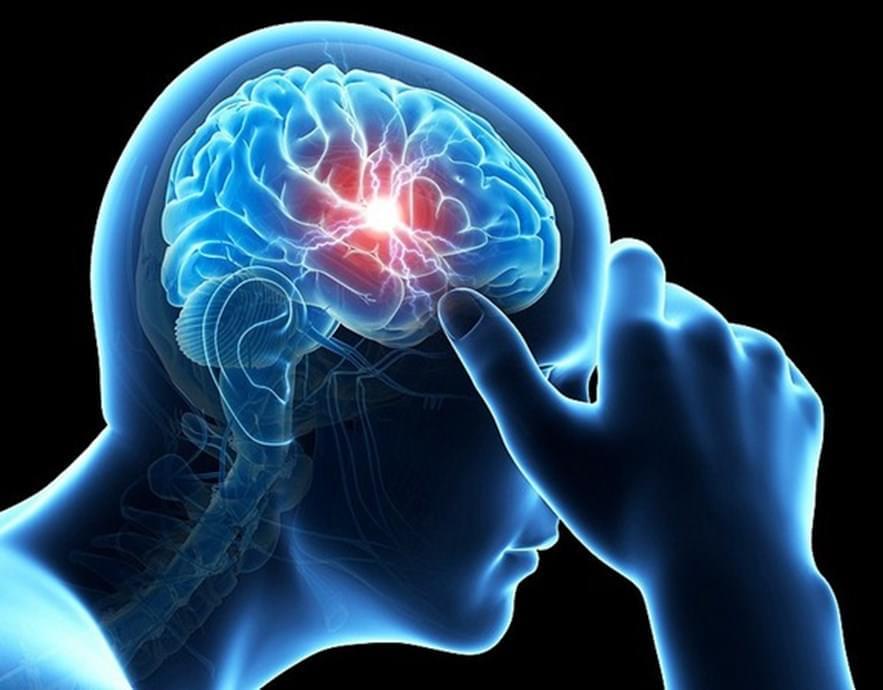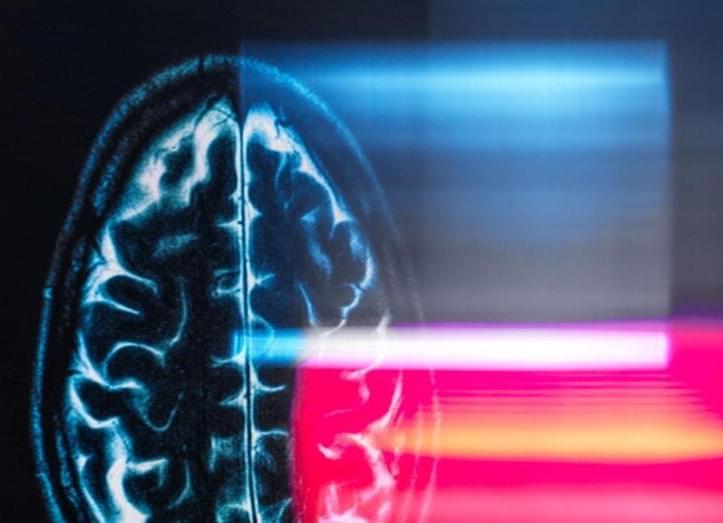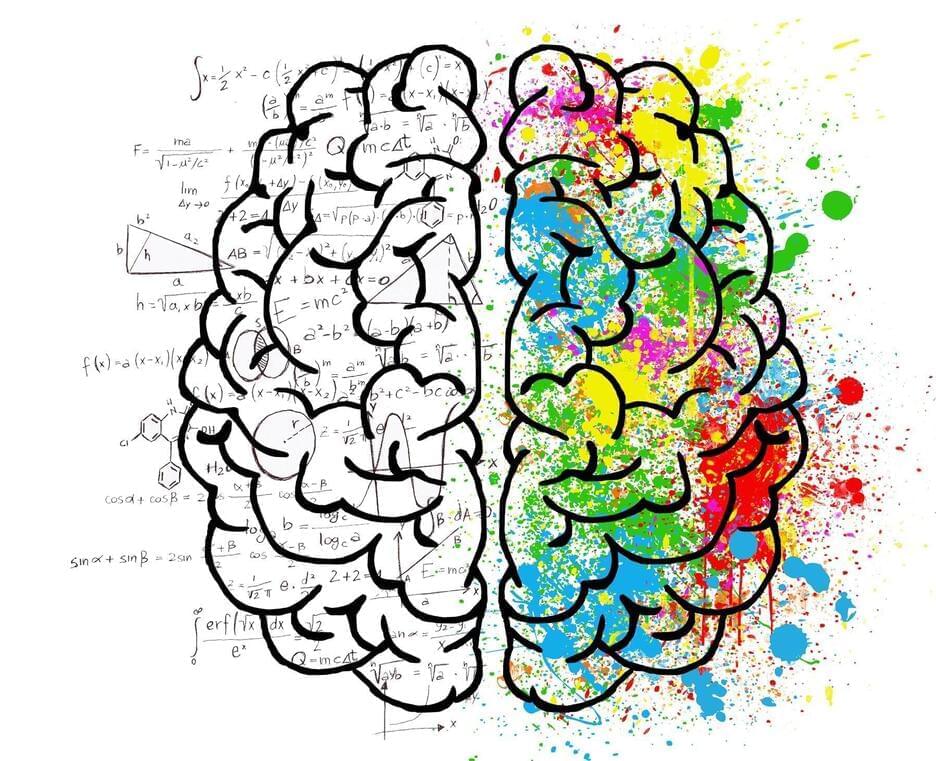
Many people who have come close to death or have been resuscitated report a similar experience: Their lives flash before their eyes, memorable moments replay, and they may undergo an out-of-body experience, sensing they’re looking at themselves from elsewhere in the room. Now, a small study mapping the brain activity of four people while they were dying shows a burst of activity in their brains after their hearts stop.
The authors say the finding, published today in the, may explain how a person’s brain could replay conscious memories even after the heart has stopped. It “suggests we are identifying a marker of lucid consciousness,” says Sam Parnia, a pulmonologist at New York University Langone Medical Center who was not involved in the study.
Although death has historically been medically defined as the moment when the heart irreversibly stops beating, recent studies have suggested brain activity in many animals and humans can continue for seconds to hours. In 2013, for instance, University of Michigan neurologist Jimo Borjigin and team found that rats’ brains showed signs of consciousness up to 30 seconds after their hearts had stopped beating. “We have this binary concept of life and death that is ancient and outdated,” Parnia says.
